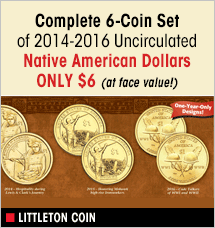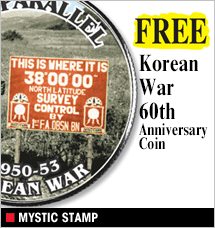
Presidential cycles bring introspection on a national scale. Who are we? What are we striving for? “This [has been] an historically peculiar election cycle, boisterously disrupted by outsiders,” noted the New York Times. “An investigation of voter estrangement has never felt more urgent.” Beyond politics and beyond the Election Day, we need to ask ourselves, who are the “we” in “We the people”?
Various “we’s” made their voices heard this summer, from Olympians to party politicos to Black Lives Matter and/or All Lives Matters supporters. NPR’s Terry Gross offered a distinctive voice when she interviewed the author of a recent book, Hillbilly Elegy: A Memoir of a Family and Culture in Crisis. Author J.D. Vance brings the unique perspective of a Yale-educated lawyer who grew up among the hill people of Kentucky and southern Ohio.
Vance describes his book as revealing what happens to a rural community when the economy disintegrates. He examines the social isolation, poverty, drug use and religious and political upheaval in greater Appalachia. The book was on Amazon’s top 10 list for months.
Vance functions as a bridge, attempting to translate “otherness” from a perspective with which few of us have experience. His task is not easy. Critic George Steiner writes that translation occurs both across and within languages. “You are performing a feat of interpretation anytime you attempt to communicate with someone who is not like you.”
Why is successful communication so difficult? From before we can even articulate it, we each are forming an individual story; a different interpretation of the world. We each experience daily life – even the same event – in a unique way. And yet we’re called upon – we’re required – to come together in this still-grand experience called democracy.
Alexis de Tocqueville puzzled over this when he visited the United States from France in the early 1830s and penned his renowned Democracy in America. He worried about the future of our young country’s experiment and suggested that its citizens needed to develop the “habits of the heart” that democracy requires.
Nearly two centuries later, Parker Palmer took up this challenge in his 2011 book, Healing the Heart of Democracy. In a book that seems prescient about this year’s election cycle, he defines and expounds upon these habits of the heart:
- We must understand that we are all in this together.
- We must develop an appreciation of the value of “otherness.”
- We must cultivate the ability to hold tension in life-giving ways.
- We must generate a sense of personal voice and agency.
- We must strengthen our capacity to create community.
We are, as Parker writes, dependent on and accountable to one another. If you can be thankful for your own gifts in body and mind without judging the different gifts of others, you can understand that we’re all in this together.
You can appreciate the value of “otherness” if you can understand the perspective of someone whose unexpected, even weird idea solved your group’s vexing problem.
When you resist a dialogue of hate and anger, or enjoy a Thanksgiving meal seated beside your most difficult relative, you cultivate the ability to hold tension in life-giving ways.
If you can speak up calmly but firmly when someone, including yourself, is not treated with dignity, you have generated a sense of personal voice and agency. Parker writes of this habit, “Insight and energy give rise to new life as we speak and act, expressing our version of truth while checking and correcting it against the truths of others.”
J.D. Vance provides a clue to how we can treat and learn from each other in his NPR interview. When Gross asks him about the use of the term “hillbilly,” his words are thought-provoking. “I think it's an insider's term. It's something that my grandma once told me: we're allowed to call ourselves hillbillies – and we did – but nobody else is allowed to call us hillbillies. So it's very much a term of endearment for the people who use it about themselves and their families. But it's definitely pejorative and it's definitely the sort of term where if someone called me a hillbilly and meant it seriously, I'd be very, very offended.”
And thus the final habit. Ask someone different than you to tell you their story. If you can really listen, you will act in a way that strengthens your capacity to create community. This we must all do, for ourselves and for the sake of our American democracy.
Karen Telleen-Lawton is as the principal of Decisive Path fee-only financial advisory in Santa Barbara, California (http://www.decisivepath.com). You can reach her with your financial planning questions at This email address is being protected from spambots. You need JavaScript enabled to view it. .







































































